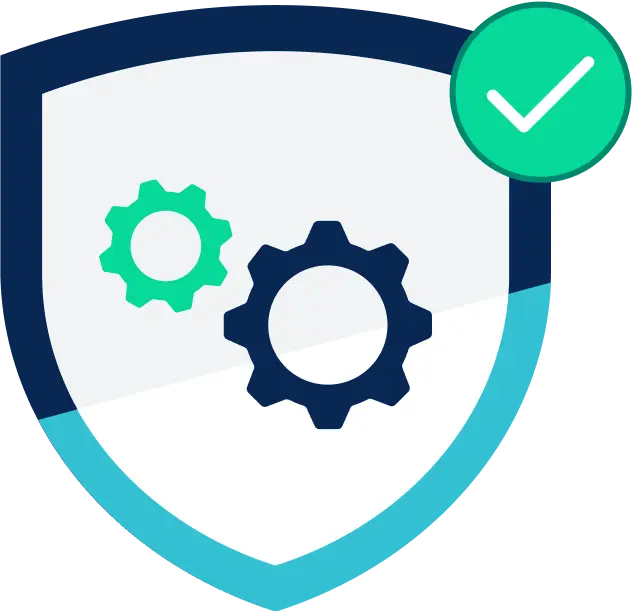Infographic
Understanding Network Vulnerability in Intelligence
Vulnerability Management is a tried-and-true process for helping organizations identify, evaluate, and treat security vulnerabilities in their systems and software. It can be applied to endpoints, databases, applications, etc.

Key components of Vulnerability Management include:
Assessment
Identify and assign severity levels to security defects, whether through automated or manual techniques.
Scanning
Use scanners to identify known and potential security vulnerabilities.
Remediation
Detect, correct, and patch vulnerabilities in a system or network.
CVEs
Industry-recognized identifiers for known security vulnerabilities.
But what does it mean for your Network Infrastructure?
Our award-winning cyber resilience platform can be deployed in minutes to address many use cases to enable secure and compliant network infrastructure.
Massive Volume of Vulnerabilities
CVEs were published in 2024 — a 38% increase from 2023 - 2024 .
Thousands of CVE s are added monthly, complicating manual management along with data from CISA and vendor sites.
Contextualization Complexity
of breaches resulted from a known and unaddressed vulnerability
Managing a multivendor network is complex and error prone. You need an accurate inventory, analyze CVE data to assess vulnerabilities, and then prioritize.
Manual Intervention
agree that IT security spends more time navigating manual processes than responding to vulnerabilities
Addressing CVEs requires OS updates or configuration changes, which are complicated, time-consuming, and require after-hours work.
Vulnerability Intelligence is crucial for network integrity.
It focuses on identifying and analyzing new vulnerabilities and exploits cyber criminals might use. It focuses on vulnerabilities, data collection, analysis and prioritization, and dissemination and action. Thus, vulnerability intelligence enables organizations to address potential risks proactively. Network vulnerability intelligence includes:
Vulnerability Intelligence
Risk Level & Analytics
Utilize risk levels, update recommendations, and end-of-life information to propose automations that address active exploits in the wild / on the dark web, helping to prioritize device patching based on their risk.
Remediation Prioritized by Risk Analysis
Utilize natural language processing (NLP) to understand vendor mitigation and remediation instructions and provide detailed guidance and automation in one pane of glass.
Close Loop Between Identification & Remediation
Streamline the process for tracking, scoring, and remediating vulnerabilities, ensuring automation to address identified vulnerabilities with minimal effort.
CVE Mitigation
Examine device configuration files for specific vulnerable configurations to assess the relevance of any given CVE. If a vulnerability is identified, it can be addressed using automation.
Discovery & Mapping
Map your network configuration inventory against a threat intelligence feed using CVEs to assess the threat level.
Discover the advantages of BackBox today. Schedule a 30-minute demo for an interactive tour of the BackBox platform.
With BackBox vulnerability intelligence, network and security teams can save time, minimize errors, and proactively manage network security. Our platform identifies and correlates known vulnerabilities with your inventory of network and security devices, prioritizes these vulnerabilities based on risk and offers options to automate updates or apply configuration workarounds.